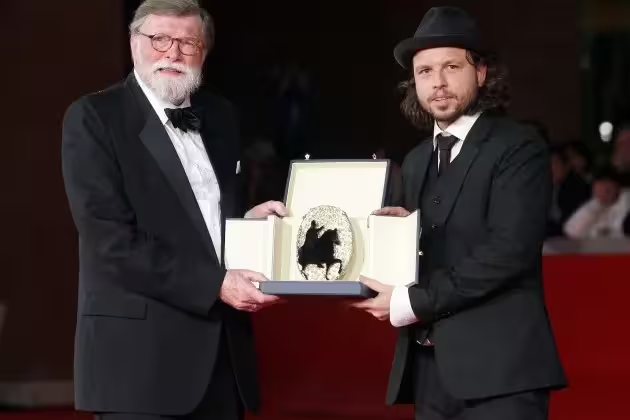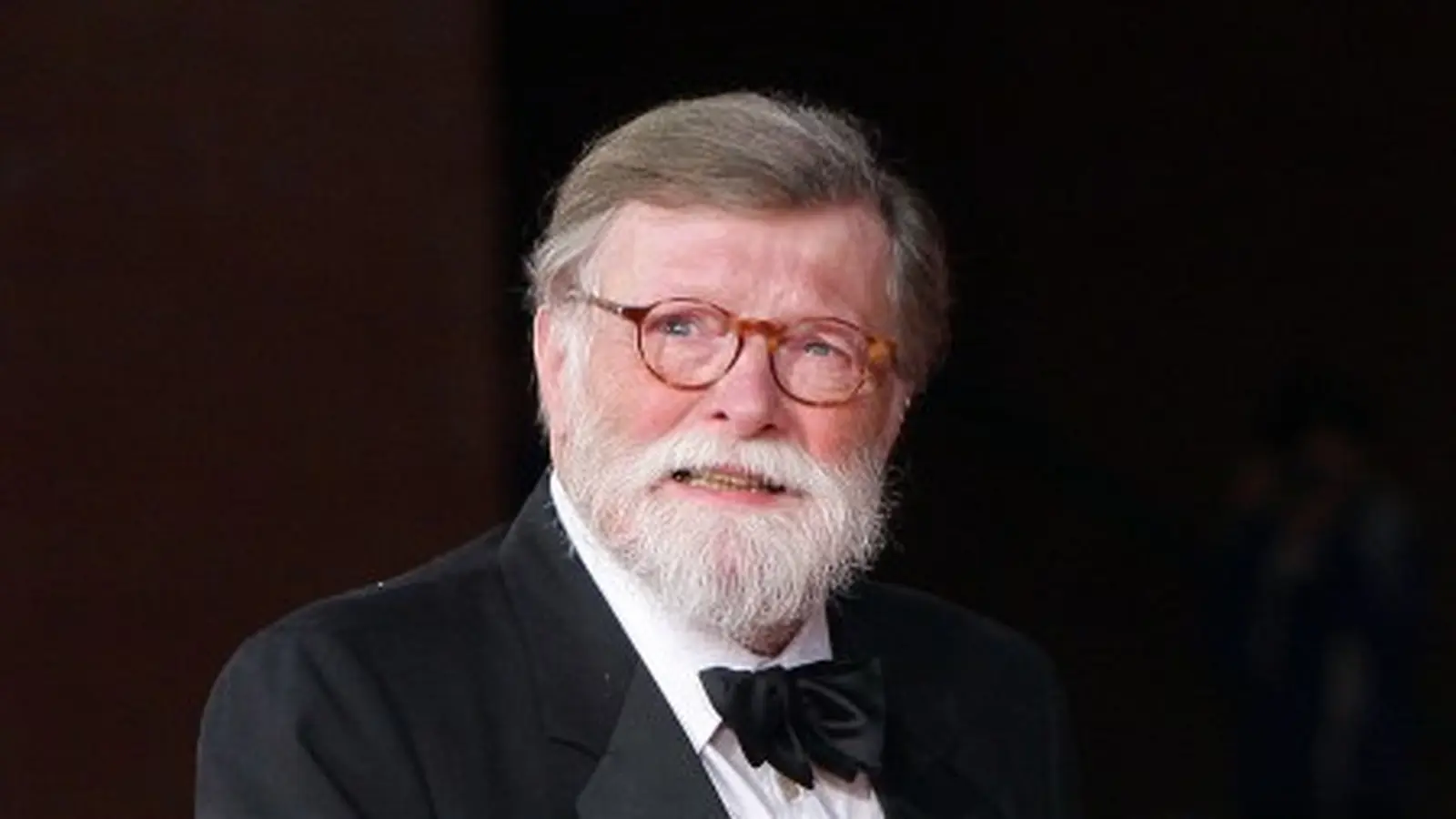6 Minutes
Per Holst’s Passing: A Quiet End to a Monumental Career
Per Holst, the Danish director-producer whose career helped shape contemporary Scandinavian cinema, has died at the age of 86. His son, actor Morten Holst, confirmed the director-producer’s death on Saturday. The cause of death was not immediately disclosed. For decades Holst bridged art-house ambition and mass appeal — shepherding films that won global recognition and producing crowd-pleasing hits at home.
From Art House to Box Office: Signature Productions
Holst’s filmography reads like a guide to the Danish cinema renaissance. As a producer he backed filmmakers who would become synonymous with modern Scandinavian film: Lars von Trier (notably The Element of Crime), Bille August (Zappa, Twist & Shout and Pelle the Conqueror) and Nils Malmros (Tree of Knowledge, Beauty and the Beast, Århus by Night, Barbara and Pain of Love). Pelle the Conqueror, produced during Holst’s tenure on a number of major projects, went on to win the 1989 Academy Award for Best Foreign Language Film — a milestone that helped project Danish filmmaking onto the global stage.
Holst was not only a facilitator for other directors; he also stepped behind the camera. His 1985 comedy Walter and Carlo — Up on Daddy’s Hat became one of the highest-grossing Danish films of its time, demonstrating his rare ability to navigate both popular entertainment and auteur cinema.
Producing with Boldness and Range
What set Holst apart was his willingness to finance both experimental, stylistically daring projects and accessible popular works. He helped realize the dense, expressionistic world of von Trier’s early work while supporting the intimate, character-driven dramas of Malmros and the sweeping social narratives of Bille August. That range made him a linchpin of Danish production in the 1970s through the 1990s.

Influence Beyond the Set: Education and Industry Leadership
Holst’s impact extended off-set. He served as chairman of the board at the European Film College from 2000 to 2005, nurturing new generations of European filmmakers. He was also a long-serving member of the Danish Film Institute’s Feature Film Committee, where his decisions influenced which stories received funding and reached screens worldwide. His stewardship helped cultivate a stable infrastructure for Danish cinema at a time when national funding and international co-productions were reshaping how films were made in Europe.
Awards, Recognition and Lasting Reputation
Over his lifetime Holst accumulated a number of honors that recognized both creative achievement and cultural service: the Honorary Bodil in 1985, the Honorary Robert in 1995, LO’s Culture Prize in 1998 and the Ib Prize in 2019. These accolades reflect a career that combined artistic risk-taking and industry leadership.
Comparisons and Context
Holst’s career is usefully compared to other influential European producers who balanced auteur-driven projects with populist fare. Like producers who helped internationalize national cinemas — for instance Italy’s Carlo Ponti or Britain’s David Puttnam — Holst had a knack for identifying strong directorial voices and finding ways to realize their visions in a commercially viable way. Within Denmark, his role can be contrasted with figures such as Peter Aalbæk Jensen of Zentropa: whereas some contemporaries leaned toward provocative branding, Holst cultivated both prestige and mainstream reliability.
Behind the Scenes: Trivia and Fan Reception
Fans and film historians often note Holst’s quiet but decisive presence: he rarely pursued the spotlight but was indispensable in production rooms and funding panels. Anecdotes from sets describe him as pragmatic and calm — a producer who could temper an auteur’s excesses without clipping creativity. Walter and Carlo’s box office success demonstrated that Holst understood audience appetite as well as cinematic craft, an insight that many Danish producers of the era lacked.
Expert Perspective
"Per Holst was both a gatekeeper and a cultivator," says cinema historian Marko Jensen. "He built durable pathways for Danish auteurs to be seen outside Scandinavia while also proving that national cinema could be commercially successful at home. His legacy is visible in the international careers of filmmakers he supported."
Critical Reflection: What Holst Leaves Behind
While Holst’s projects include festival laurels and box office milestones, his greater legacy may be institutional. By shaping funding priorities and mentoring young talent at the European Film College, he helped create the ecosystem that allowed later Danish milestones — from Dogme 95 to the global breakthrough of Nordic noir in television — to flourish. His portfolio illustrates a key lesson for modern producers: risk-taking on an artistic level and attention to audience engagement are complementary, not contradictory.
Conclusion: Per Holst’s Place in Film History
Per Holst leaves behind a multifaceted legacy: award-winning productions, a domestic blockbuster, and years of service stewarding film education and funding. In an era when national cinemas compete for attention on a crowded global stage, Holst’s career offers a blueprint for how producers can serve as cultural diplomats — balancing artistic daring with commercial sensibility. Survived by his wife and four sons, Holst’s influence will continue through the films he helped make and the institutions he helped shape. For cinephiles, producers, and students of film history, his life is a reminder that behind every celebrated director there are producers whose judgement and courage make the work possible.
Final Thoughts
As streaming platforms and international co-productions redefine distribution and financing, the model Holst embodied — a producer acting as both champion and craftsman — remains urgently relevant. His career underscores that supporting visionary directors while keeping one eye on audience reach is a practice that sustains national cinemas and cultivates international voices. Per Holst’s death closes a chapter in Danish film history, but his impact will be felt in festival lineups, classroom discussions and the next generation of filmmakers he helped to inspire.
Source: hollywoodreporter



Leave a Comment